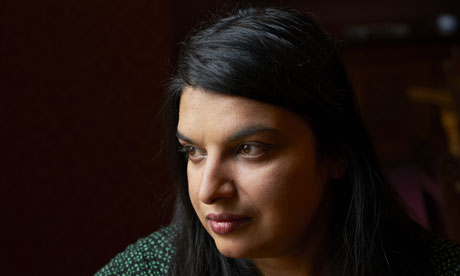A good news story (in some ways) from South Africa where the Commission for Gender Equality intervened to save a young girl from being forcibly married to a man much older than herself. The sad part of the story is that it is still happening, and the religious leaders who were putting pressure on the family to do this should be prosecuted, but well done to the CGE!

Authorities save teen from forced marriage
Johannesburg - A KwaZulu-Natal teenager has been taken from her parents who were allegedly planning to marry her off to an older man, the Commission for Gender Equality (CGE) said on Monday.
"The department of social welfare has removed the child, 14, from her home until such time that a social worker... has ascertained the safety of the child," the CGE said in a statement.
"In terms of both the Sexual Offences Act and the Children's Act, the CGE pointed out to both the parents and the suitor that should this marriage proceed, they would be arrested and prosecuted."
The commission received a anonymous complaint in November that the teenager, from KwaMthandeni, was to marry a man older than 40 on 16 December.
The girl would replace her 20-year-old sister, who had been chosen by the man.
"Upon finding [out] that she is pregnant by another man, the sister ran off... The suitor and [her] family agreed that the younger sister should take her place," the CGE said.
A team of social workers and policemen verified the story, found the child and spoke to the family and the suitor about calling off the marriage.
"The family and suitor confirmed that the man had paid R29 500 towards lobola and wanted either his money back or another girl."
Rituals had been done and the wedding day had been arranged.
"The girl's family said they were not very keen to marry the child off, but religious leaders from their church put pressure on them," the CGE said.
"The girl's mother said, as a woman, she did not have much say in the matter," it said.
- SAPA
